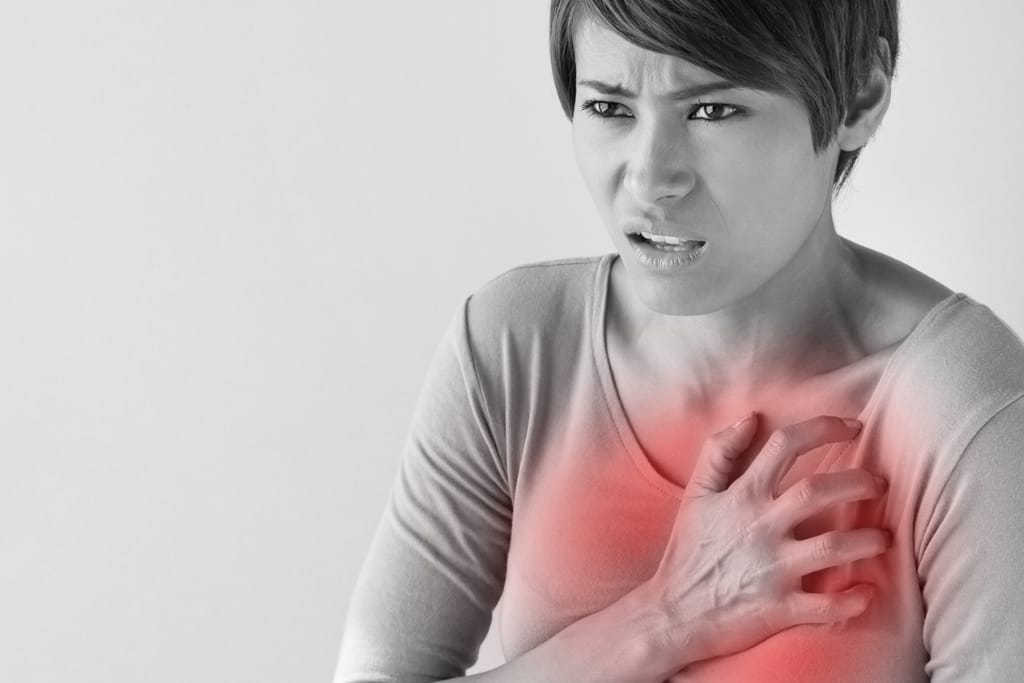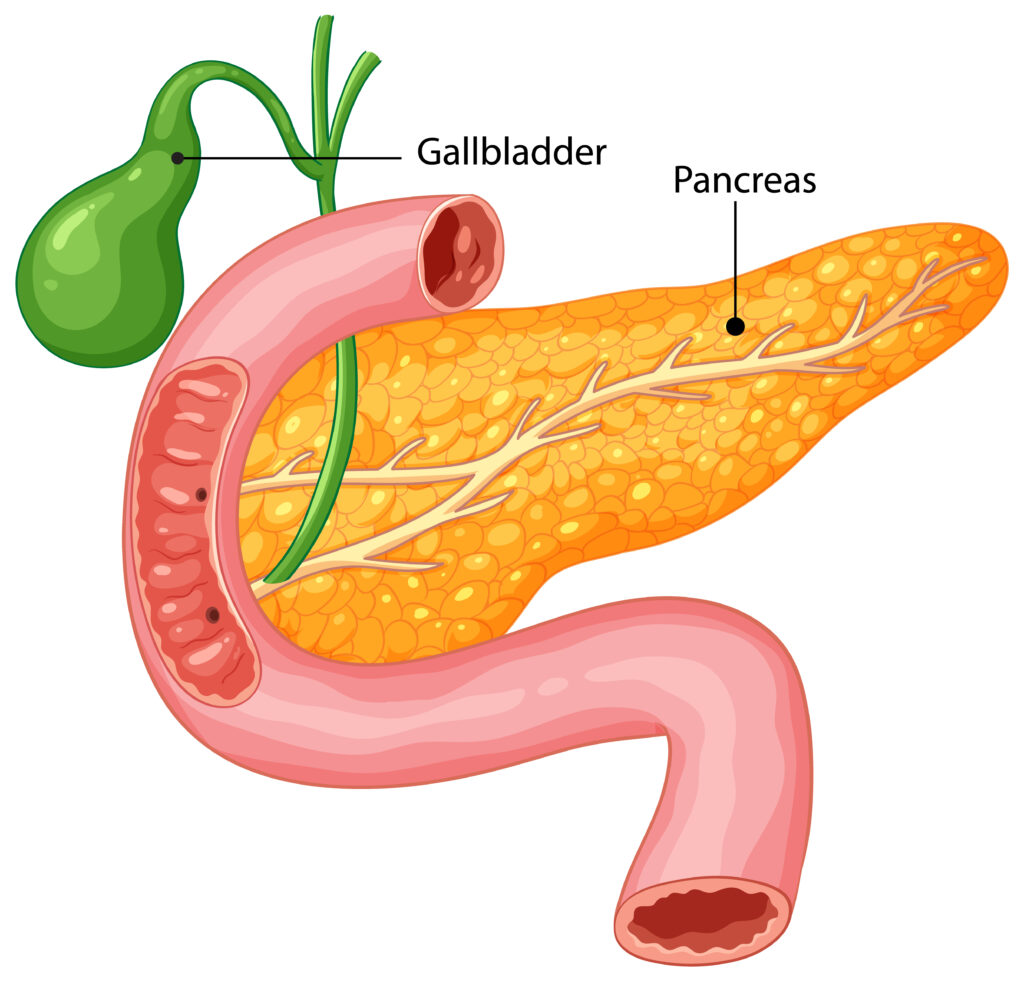Introduction:
Heart disease is one of the leading causes of death worldwide and women often experience heart attacks differently than men. Many women tend to ignore or misinterpret the early warning signs, which can delay timely treatment. Understanding the symptoms of a heart attack in women, along with the underlying causes, risks and preventive steps are essential to protect your heart health.
What Are Symptoms of Heart Attack in Women?
While men usually report chest pain as the most common symptom, women may experience subtle and sometimes unusual signs. Common symptoms of a heart attack in women include:
- Pressure or tightness in the chest
- Pain spreading to the jaw, neck, shoulders or arms
- Shortness of breath even during rest
- Unexplained fatigue or weakness
- Nausea or vomiting
- Lightheadedness or dizziness
- Cold sweats

Some women also ask – is diarrhea a symptom of heart attack? While diarrhea is not a classic symptom, digestive discomfort, indigestion or stomach pain can sometimes accompany a cardiac event. That is why any persistent or unusual digestive symptoms with chest discomfort should not be ignored.
Causes of Heart Attack in Women
A heart attack occurs when blood flow to the heart muscle is blocked, usually by plaque buildup in the arteries. Common causes include:
- Atherosclerosis (hardening of the arteries)
- High blood pressure
- High cholesterol levels
- Obesity and poor diet
- Smoking and alcohol use
- Sedentary lifestyle
- Chronic stress or anxiety
Risk Factors for Women
Women may face unique risks that increase their chances of a heart attack such as
- Hormonal changes during menopause
- Polycystic ovary syndrome (PCOS)
- Autoimmune diseases (like lupus or rheumatoid arthritis)
- Pregnancy-related complications (gestational diabetes, preeclampsia)
- Family history of heart disease
What Happens to Blood Pressure During a Heart Attack?
During a heart attack, blood pressure can fluctuate. It may rise due to stress and adrenaline or drop if the heart cannot pump effectively. A sudden and sustained drop in blood pressure is dangerous and requires emergency care.
Can Anxiety Feel Like a Heart Attack?
Yes. Anxiety or panic attacks can mimic heart attack symptoms such as chest tightness, rapid heartbeat, sweating and shortness of breath. However, anxiety symptoms usually ease within minutes, while a heart attack may persist or worsen. If in doubt, always seek medical attention.
What to Do During a Heart Attack
If you or someone near you shows signs of a heart attack
- Call emergency services immediately.
- Chew and swallow an aspirin (if not allergic).
- Stay calm and rest in a comfortable position.
- Do not try to drive yourself to the hospital.
Early treatment significantly reduces complications and improves survival.
Recovery Time from Heart Attack
Heart attack recovery time varies depending on the severity, age, and overall health of the patient. Some people may start feeling better within weeks, while others may need several months for complete recovery. Cardiac rehabilitation, lifestyle changes and regular follow-ups are crucial for long-term recovery.
Prevention Tips for Women
Preventing symptoms of a heart attack in women begins with healthy lifestyle choices. Some key prevention strategies include
- Eat a balanced diet rich in fruits, vegetables and whole grains
- Exercise regularly (at least 30 minutes a day, 5 times a week)
- Maintain a healthy weight
- Monitor blood pressure, blood sugar and cholesterol levels
- Quit smoking and limit alcohol consumption
- Manage stress through relaxation techniques, yoga or meditation
- Go for regular heart check-ups
Frequently Asked Questions
- What are symptoms of a heart attack in women?
Common symptoms include chest pain, shortness of breath, fatigue, nausea, dizziness and pain in the jaw or arms. - Is diarrhea a symptom of heart attack?
Not directly, but digestive discomfort or abdominal pain can occur during a heart attack in some women. - Can anxiety feel like a heart attack?
Yes, panic attacks may mimic heart attack symptoms but a real heart attack typically lasts longer and worsens with activity. - What to do during a heart attack at home?
Call emergency services immediately, chew aspirin, stay calm and avoid physical exertion until help arrives. - How long is the recovery time from heart attack?
Recovery may take weeks to months, depending on the severity and treatment received. - What happens to blood pressure during a heart attack?
It may rise due to stress or drop if the heart’s pumping ability is severely affected. - Are heart attack symptoms different in men and women?
Yes, women often experience non-traditional symptoms like nausea, fatigue or jaw pain while men usually report intense chest pain. - Can a heart attack happen without chest pain?
Yes, especially in women, older adults and people with diabetes. This is known as a silent heart attack. - What lifestyle changes prevent heart attacks in women?
Healthy diet, exercise, stress management, avoiding smoking and regular check-ups significantly reduce risk. - Can young women have heart attacks?
Yes, though less common, young women can suffer heart attacks due to genetic factors, lifestyle issues or medical conditions.
Conclusion:
Understanding the symptoms of a heart attack in women is vital for early detection and timely treatment. Since women often experience unusual signs like fatigue, nausea, or jaw pain, these warning signals should never be overlooked. Knowing what to do during a heart attack, recognizing the risks, and adopting preventive lifestyle changes can save lives. Protecting your heart today means securing a healthier tomorrow.



